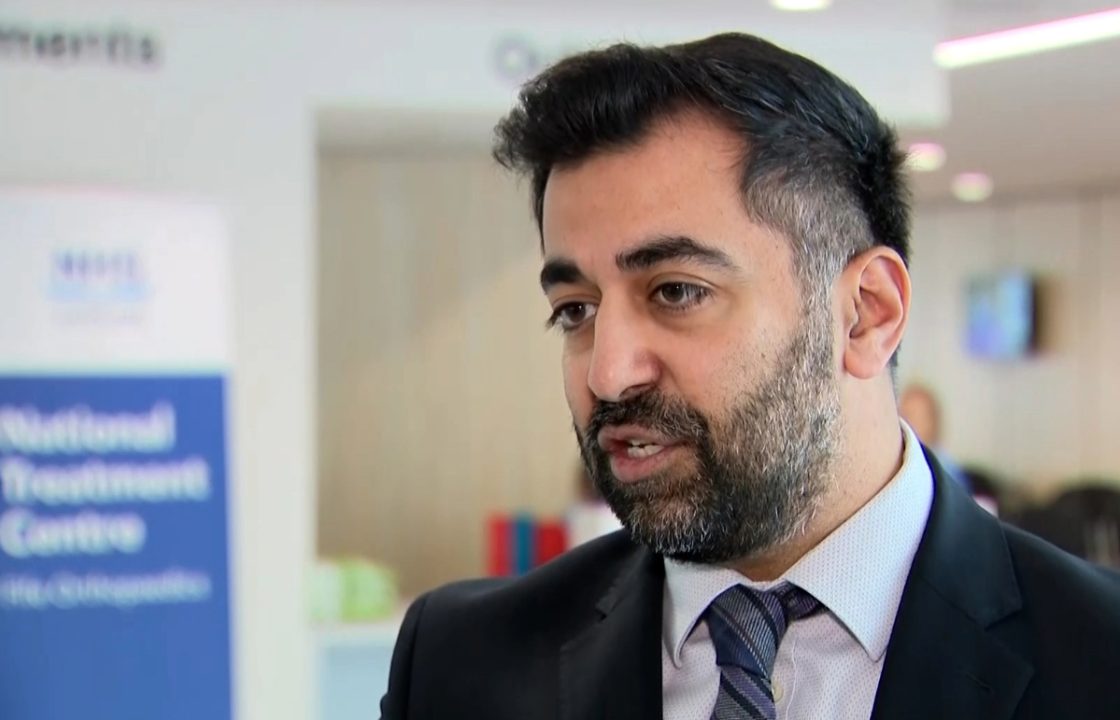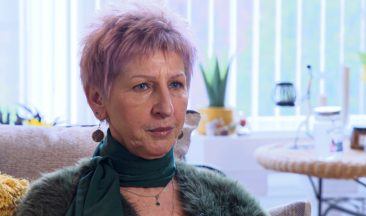Humza Yousaf has said he is “very proud” of the controversial Hate Crime Act, saying it gives people “protection from a rising tide of hatred”.
The Hate Crime and Public Order Act – which came into force on April 1 – takes the current law against the stirring up of racial hatred and extends that protection to other groups.
Those protected characteristics are disability, religion, sexual orientation, age, transgender identity and variations in sex characteristics.
The First Minister has said the new act guards people from a “rising tide of hatred”.
He said: “I’m very proud of the Hate Crime Act. We have seen I’m afraid, not just in the UK of course Scotland, but right across many parts of the world is a kind of rising tide of hatred against people because of their protected characteristics.
“And Scotland having this hate crime legislation, protecting people, giving them that protection of hatred while at the same time, protecting people in terms of the freedom of expression.
“For me, it ensures that we’ve got a piece of legislation that will be enacted and implemented in a way that is absolutely balanced and makes sure it absolutely protects people and their freedom of expression. But guards people from, as I say, that rising tide of hatred we see far too often in our society.”
Concerns about the act have been raised by the Scottish Police Federation (SPF) including the level of training on offer to frontline staff, with the body representing rank-and-file officers claiming just two hours of preparation has been made available.
In a letter to Holyrood’s Criminal Justice Committee published on Thursday, Police Scotland deputy chief constable Alan Speirs said 10,000 officers have undertaken an online training course through the platform Moodle – but as of December 31 there were 16,363 full time equivalent officers.
The First Minister also insisted he is “very confident in Police Scotland’s ability in order to implement this legislation in the way it should”.
Humza Yousaf said: “Who decides what is hateful in terms of criminal law, is who has always decided what is hateful in terms of criminal law.
“That is the police who then write a report to the Crown and Procurator Fiscal Service. If there is efficiency of evidence to charge, the Crown will do that.
“It is not Twitter police, it is not activists, it is not the media, it is not, thank goodness, even politicians who decide ultimately whether or not a crime has been committed.
“It will be the police to investigate and the Crown and the threshold for criminality is incredibly high.
“In fact, it is higher in the new stirring up offences than the racial stirring up offense, which has existed without controversy since 1986.”
Follow STV News on WhatsApp
Scan the QR code on your mobile device for all the latest news from around the country






























